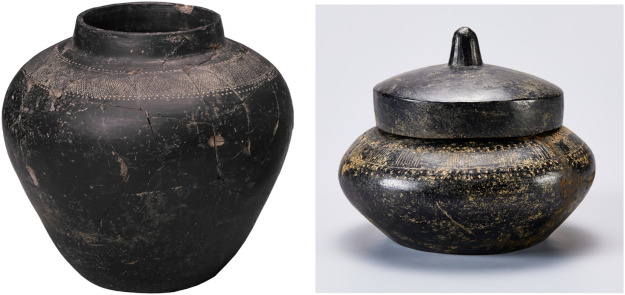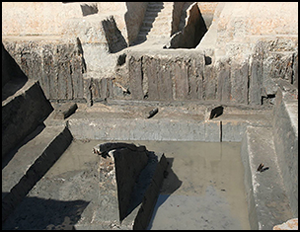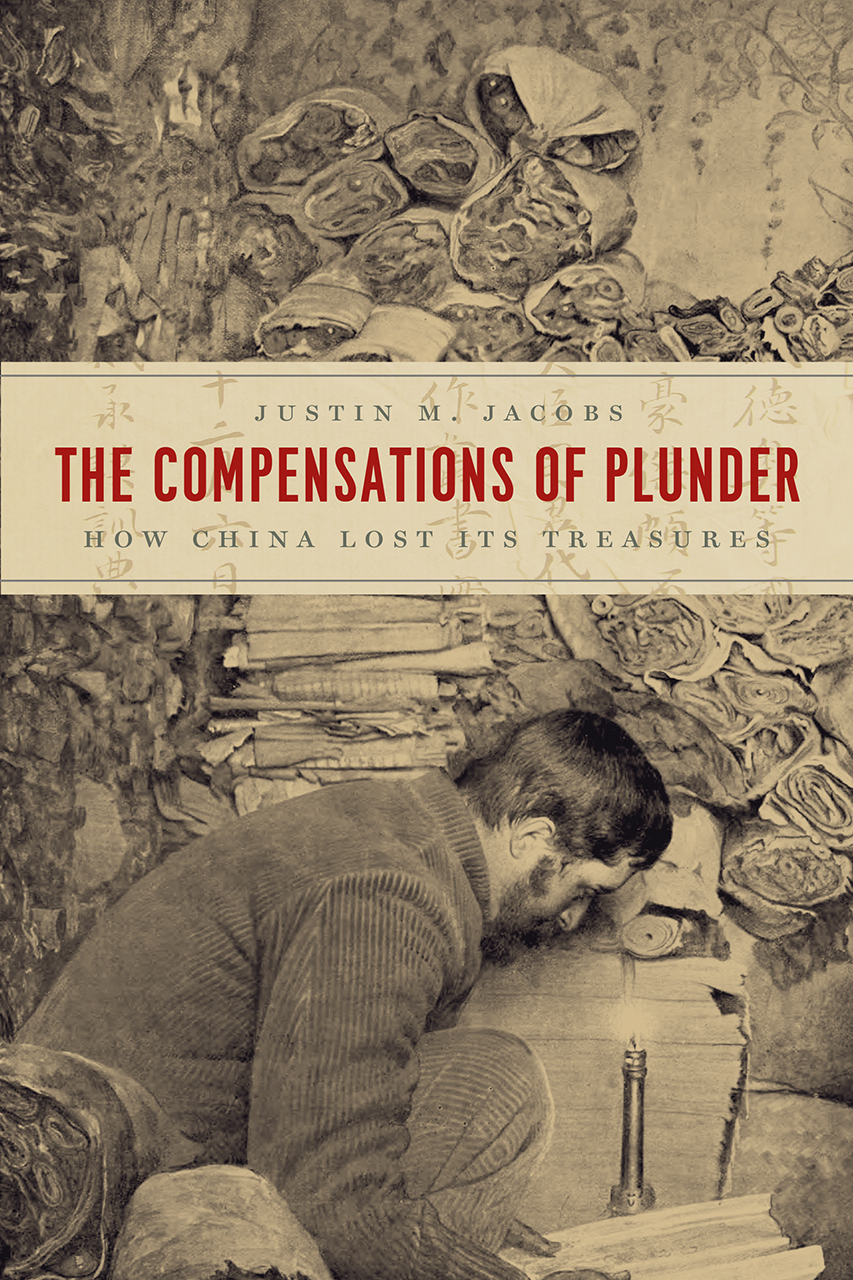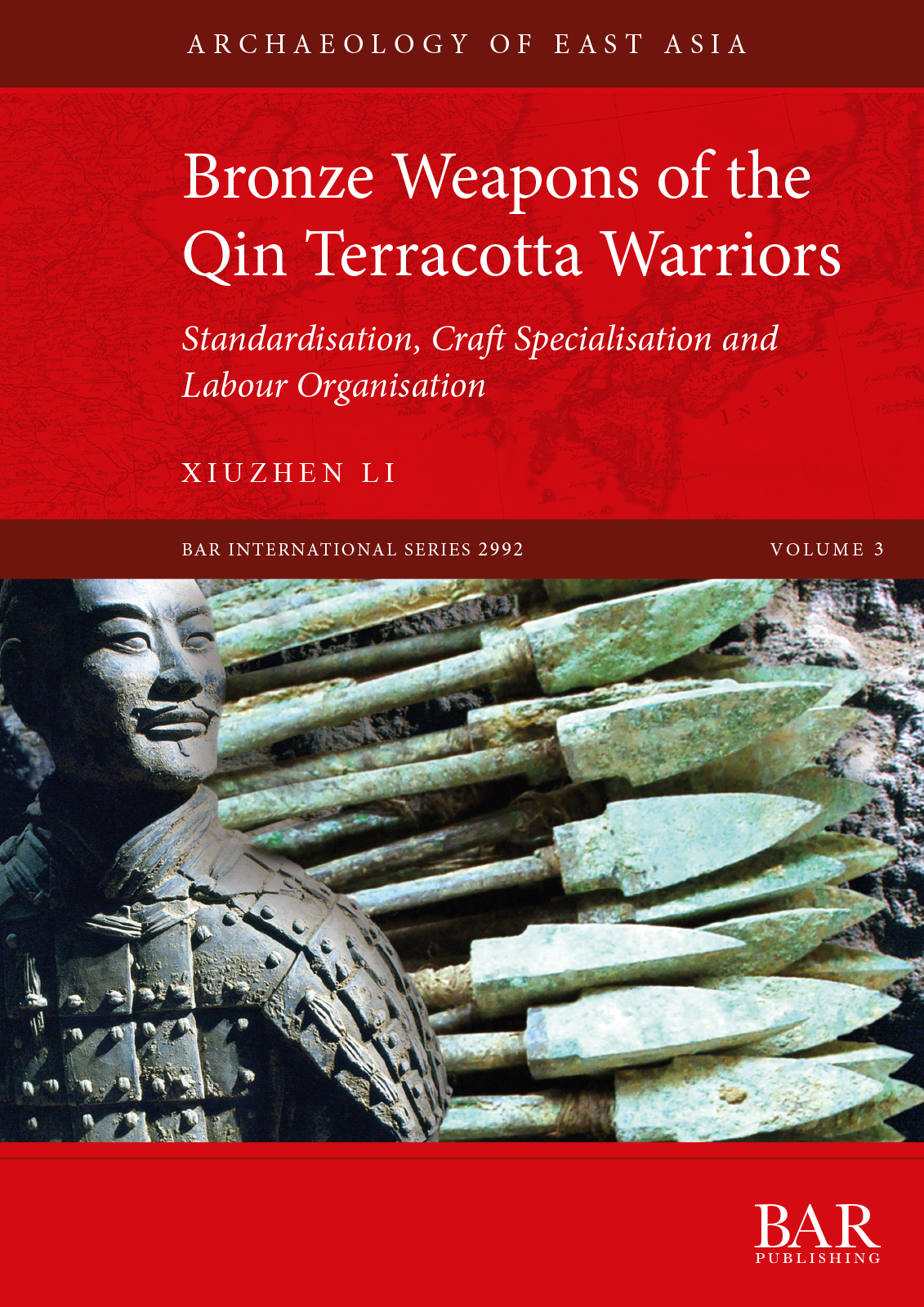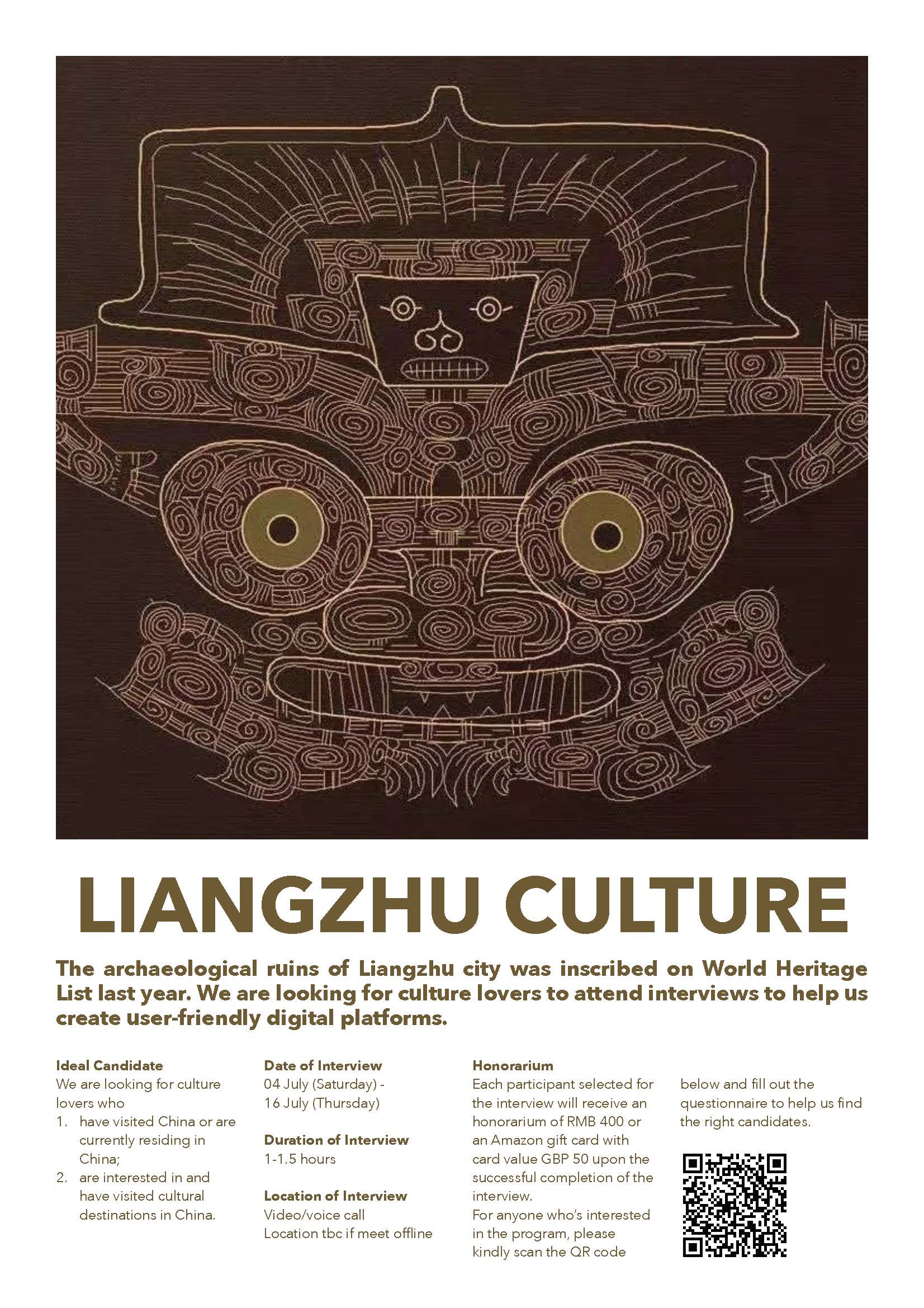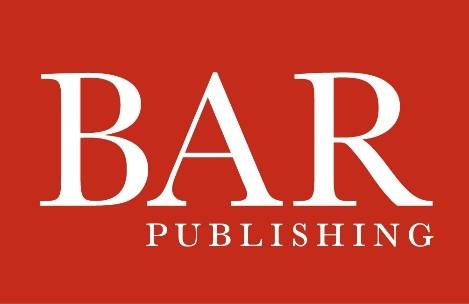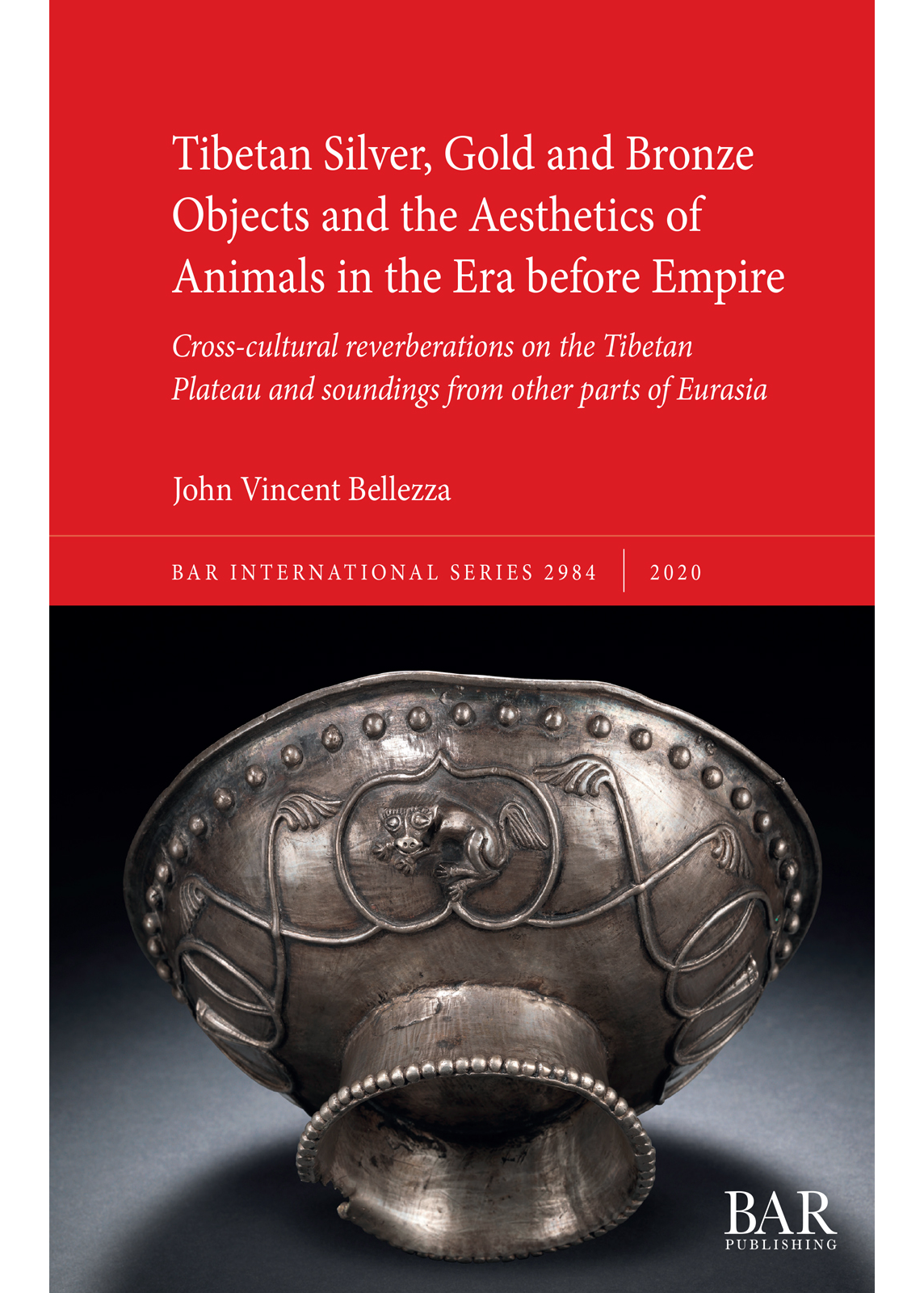SEAA News Blog
New fieldwork or research discoveries? Upcoming conference or workshop? New job opening or fellowship posting? New book?
Share the latest news of your work with your colleagues, advertise for job or fellowship openings, find participants for your conference session and more on the SEAA blog.
Guidelines: All posts should be related in some way to East Asian Archaeology. When writing your post, please use capital letters for surnames. Original script (Chinese, Korean, Japanese) for East Asian place names, personal names, or archaeological terms is encouraged. For the transcription of East Asian language terms, Pinyin for Chinese, Hepburn for Japanese, and the Korean Government System (2000) for Korean is encouraged.
Contributions should be limited to around 500 words and 1-2 images. For longer descriptions of your projects, you may consider the Reports section of the Bulletin (BSEAA).
Members can submit their news posts to the SEAA web editor via the website (see SEAA Members' Area for details and instructions on blog submissions) or via email. Non-member contributions are also welcome and may be submitted via email to the SEAA web editor.
The editor(s) reserves the right to carry out minor editing, or to decline contributions inappropriate to the objectives of SEAA.
From the 1790s until World War I, Western museums filled their shelves with art and antiquities from around the world. These objects are now widely regarded as stolen from their countries of origin and demands for their repatriation grow louder by the day. In The Compensations of Plunder, Justin M. Jacobs brings to light the historical context of the exodus of cultural treasures from northwestern China.
Over 40,000 lethal bronze weapons were discovered with thousands of terracotta warriors in the tomb complex of the Qin First Emperor (259-210 BC). This book carries out the first systematic and comprehensive study on these weapons to investigate the mass production and labour organisation in early imperial China. The research draws upon extensive measurements, typological analysis and related statistical treatment, as well as a study of the spatial distribution of the bronze weapons. A combination of metrical and spatial data is used to assess the degree of standardisation of the weapons’ production, and to evaluate the spatial patterns in the array of the Terracotta Army. This provides further information about the labour organisation behind the production, transportation and placement of weapons as they were moved from the workshop and/or arsenal to the funeral pits. Integrating these insights with inscriptions, tool marks, and chemical analysis, this book fills a gap in the study of mass production, the behaviour of craftspeople, and related imperial logistical organisation in the Qin Dynasty (221-206 BC), marking the most crucial early stage in Chinese political unification.
https://www.barpublishing.com/bronze-weapons-of-the-qin-terracotta-warriors.html
What we deem to be genuine or fake is not an objective determination, but something that we agree upon as communities. Debates about authenticity, moreover, are often intimately bound to question who owns the past and its representation. Please join us at Oxford on March 18th- 21st, 2021, for a discussion on the construction of “authenticity,” both historically and today, in relation to China’s cultural heritage.
The Department of East Asian Languages and Cultures and Stanford Archaeology Center invite applications for an one-year post-doctoral scholar position in Chinese Archaeology. The successful candidate will demonstrate prior achievement in research in Chinese Archaeology with a preference in archaeological sciences. The candidate will put forth a coherent proposal for research at Stanford University and will be expected to teach one or more courses and to engage with faculty and graduate students at the Archaeology Center. The faculty sponsor of this post-doctoral scholar is Professor Li Liu.
Liangzhu Culture Management Committee and Shanghai Jiaotong University are currently working on a digital project for the archaeological ruins of Liangzhu city in China, which was inscribed on WHL last year. In order to create user-friendly digital platforms, we’re looking for non-Chinese culture lovers who have been to or are currently residing in mainland China to attend paid interviews. If you're interested in participating, please find more info on the flyer here.
Archaeology of East Asia
New specialist sub series
Series Editors: Anke Hein (Oxford)
In recent years, the archaeology of East Asia has been receiving increasing interest among scholars world-wide, leading to an upsurge in publications in western languages as well as an increase of presentations and panels on that topic at international archaeological conferences. This series offers a venue to publish archaeological material and in-depth analyses that can provide a greater audience access to evidence previously unpublished or only accessible through articles in not-easily-accessible venues or languages. The series provides a platform for data-rich studies on a variety of topics and materials from all over East Asia as well as conference proceedings reflecting the newest research insights and trends. We encourage projects that cross-national borders even into adjoining regions and/or cover areas usually overlooked in main-stream research. This includes all parts of China, Japan, Korea, Mongolia, the Russian Far East, the Tibetan Plateau as a whole, and the northern reaches of Southeast Asia. Especially encouraged are submissions proposing and conducting new approaches and methods in all aspects of archaeology including scientific techniques, spatial analysis, various digital methods, but also theory and model-based or traditional chronology-focused studies.
Although not specifically focused on East Asia, this position is sponsored by an East Asia specialist and therefore may be of interest:
Reconstruction of Holocene Temperature and Precipitation
The Geosciences Research Division (GRD) at the Scripps Institution of Oceanography has an opening starting in 2020 for one Postdoctoral Scholar. The candidate will work on a project to develop a new reconstruction of Holocene temperature and precipitation in the d’Alpoim Guedes Laboratory. The objective is to create and update a database of paleoclimate proxies and downscaling these records to provide a high-resolution map of the impact of changing precipitation and temperature on the ability of different cultivars to complete their lifecycle. Overall, the objective is that these models will be integrated with population genomic data as well as data on archaeological site timing and distribution.
This archaeological and art-historical study is woven around rock art and ancient metallic articles attributed to Tibet. The silver bowls, gold finial, and copper alloy spouted jars and trapezoidal plaques featured are assigned to the Iron Age and Protohistoric period. These rare objects are adorned with zoomorphic subjects mimicking those found in rock art and embody an artistic zeitgeist widely diffused in Central Eurasia in Late Prehistory. Diverse sources of inspiration and technological capability are revealed in these objects and rock art, shedding light on their transcultural dimension. The archaeological and aesthetic materials in this work prefigure the Tibetan cosmopolitanism of early historic times promoted through the spread of Buddhist ideas, art and craft from abroad. The metallic articles and petroglyphs of this study are markers of relationships between Tibet and her neighbours. These transactions enabled a fusion of Tibetan innovation and foreign inventiveness, a synthesis of disparate ideas, aesthetics and technologies in the objects and rock art presented.

